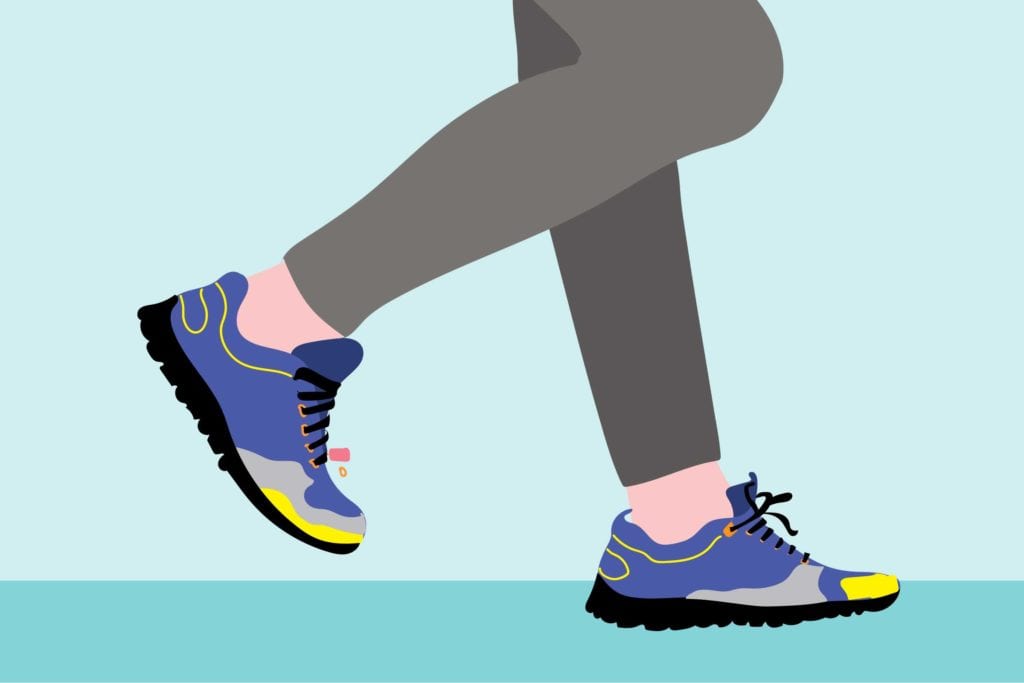

While some cognitive changes, including memory and concentration issues, often become more common with age, it’s a myth that everyone is destined to eventually develop serious impairment.
Figuring out why some people stay sharp through their senior years and others end up with dementia (including Alzheimer’s disease) is a leading area of research, and both genetic and lifestyle factors are being explored.
Although rheumatoid arthritis (RA) primarily causes physical problems, recent research has suggested that it may also be tied to an increased risk of cognitive impairment. A new study presented at the 2018 American College of Rheumatology/Association of Rheumatology Health Professionals (ACR/ARHP) Annual Meeting in Chicago seems to confirm this link — and also implies that exercise might be protective.
To complete the new study, which was led by researchers at Brigham and Women’s Hospital in Boston, 1,219 patients with RA were monitored over a 10-year period. Every year, the participants were asked to fill out a survey that asked them to rate their memory, concentration, and word-finding skills. The researchers also collected info about the subjects’ disease activity (DAS scores) and how much exercise they did during a typical week.
By the end of the study, researchers found that participants who had less disease activity (lower DAS) were less likely to have developed cognitive problems, as were those who used anti-TNF drugs instead of other treatments.
They also found that people were less likely to have developed concentration and word-finding problems if they met the U.S. Department of Health and Human Services guidelines for physical activity.
Although there are some limitations to this study, such as the fact that it relied on patient self-reports, there’s little downside to getting regular exercise. Guidelines recommend that adults get at least 150 minutes of moderate aerobic activity or 75 minutes of vigorous activity per week.
That could break down to as little as about 20 minutes of walking, swimming, or other RA-friendly exercise each day.
Learn About More Rheumatology Research Breakthroughs
Follow our latest ACR meeting coverage to read about the research findings that could affect your treatment, lifestyle, and overall health.
Get Involved with Patient-Centered Arthritis Research
If you are diagnosed with psoriasis, PsA, or another musculoskeletal health condition, we encourage you to participate in future studies by joining CreakyJoints’ patient research registry, ArthritisPower. ArthritisPower is the first ever patient-led, patient-centered research registry for joint, bone and inflammatory skin conditions. You can use ArthritisPower to track your disease symptoms, share patterns with your doctor, and participate in voluntary research studies. Learn more here.





